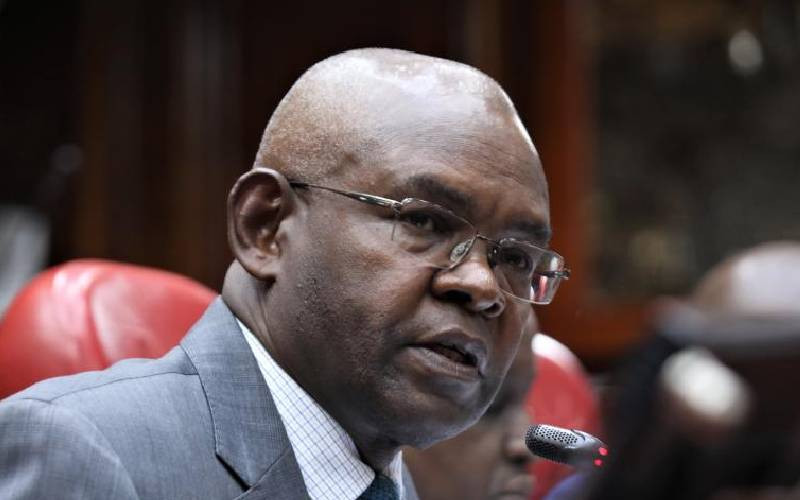×
The Standard e-Paper
Fearless, Trusted News

It was least expected that the Central Bank of Kenya (CBK) would hike the interest again in two months. But they did.
CBK Governor Kamau Thugge added a twist to it - he said the shilling has gone beyond its equilibrium rate. Fascinating because the equilibrium exchange rate is unknown.